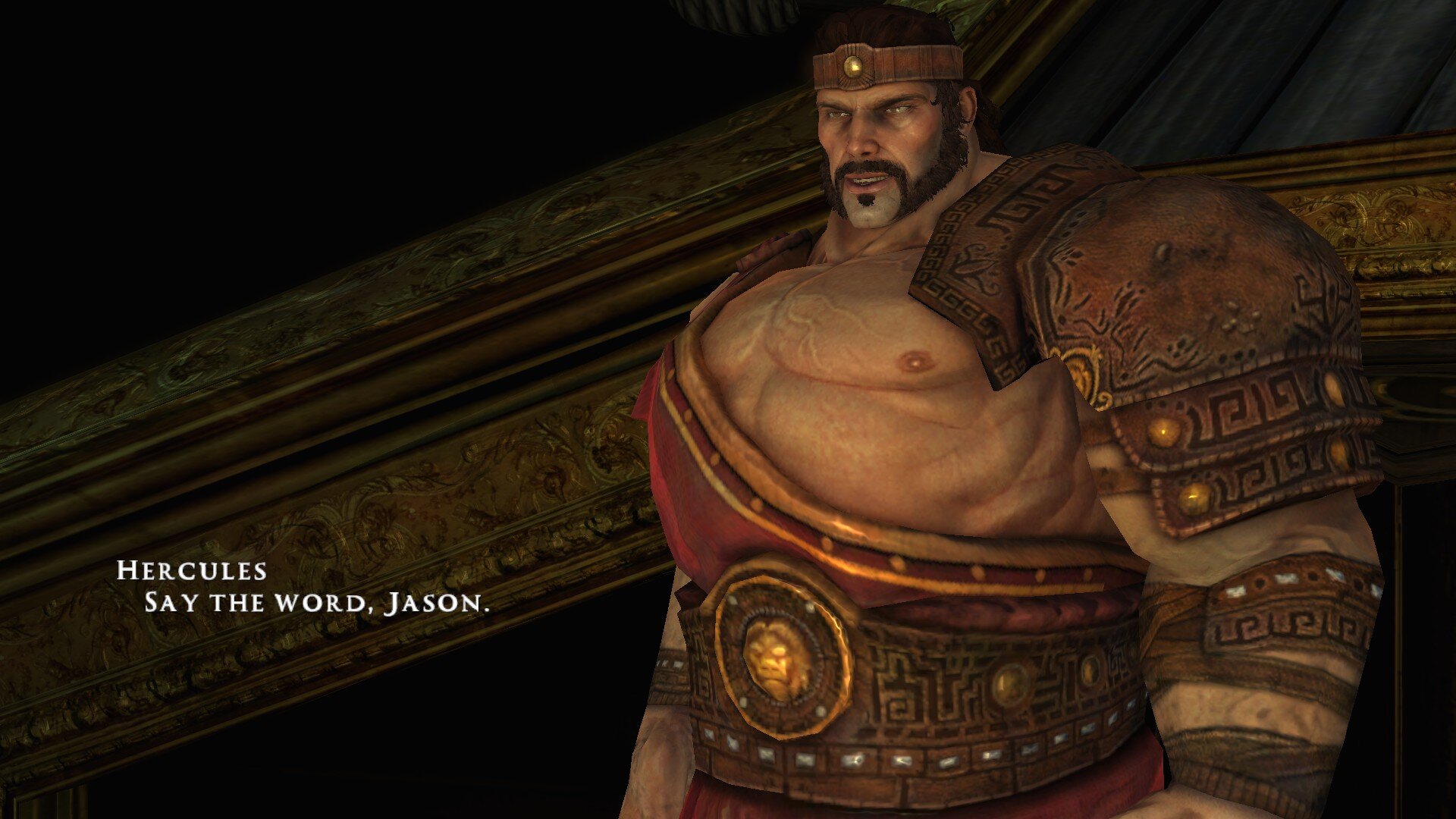Photo by Aaron Burden on Unsplash
This year is when I tried to hunker down and get back to finishing my sci-fi novel. I dropped it for several months, so I had to go back and reread it along with working through the old worldbuilding for it. Interestingly, I drifted away from some of the core ideas in the original draft. This led to me changing characters and figuring out reworks for the story’s universe. I like the direction it’s going in, but those reworks didn’t necessarily translate into an increased word count. Right now, the draft is at about 65k words. My goal is 90k, and I should be able to hit it without having to smudge any corners.
My end goal with this novel is to shop it around to hopefully get an agent. I feel pretty confident about it, but I still need to finish the damn thing before anything else. Hopefully I’ll be able to start submitting it next year. Stay tuned to this newsletter for updates.
Speaking of this newsletter, I’ve been consistently posting a new Hello Void on the first of every month for the last few months. I’ve enjoyed writing about games, and using it as an excuse to play older games I’ve been curious about but never got around to. I especially like going back to the 2000s era where there’s a bunch of interesting 3D games, I’ve become oddly partial to those blocky polygon models. Expect more of that in the future, with of course some newer games thrown in.
Short stories have always been my weak spot, but I’m going to give them another try. I’d written them off as something I’m not good at, and maybe they just aren’t a narrative form I connect with, but I’m still going to try writing a few and shopping them around to venues. I’m working out the rough idea for two fantasy stories right now. I’ll update this space if they manage to see the light of day.
Recommended Reads
Here are a few newsletters and books I’ve read recently and really enjoyed.
“What Hawk the Slayer Got Right,” by Alec Worley. This a great dive into a movie that I’ve always wanted to watch. It’s from an era that I find fascinating, and Alec Worley explores the history surrounding it in an incredibly engaging way.
Combat in fantasy series, by Danie Ware. I really enjoyed Danie Ware’s Judge Anderson and Sisters of Battle stories, I’ve been a fan ever since. Recently they’ve been sharing advice on writing combat in SFF. Check out Combat in Fantasy, Part One, and Combat in Fantasy, Part Two, for some great insight.
Unconquerable Sun, by Kate Elliot. This has been on my TBR for a while, and I finally got to sit down and dive into it. It’s a phenomenal sci-fi story with both space battles and political intrigue. It follows Sun, a princess navigating conspiracies and backstabbing, all while intent on proving herself capable to inherit a throne.
Fight, Magic, Items: The History of Final Fantasy, Dragon Quest, and the Rise of Japanese RPGs in the West, by Aidan Moher. It’s no secret that JRPGs are one of my favourite genres. I grew up with them, and think a lot of my love for fantasy and sci-fi came from games like Final Fantasy, long before I started reading SFF books. Fight, Magic, Items digs into the history of the genre and shines a light on the people who made these cultural touchstones. If you have even a passing interest in the history of JRPGs, then I highly recommend this book.
I hope everyone has a good holiday season.
Happy Holidays!
-Matt









